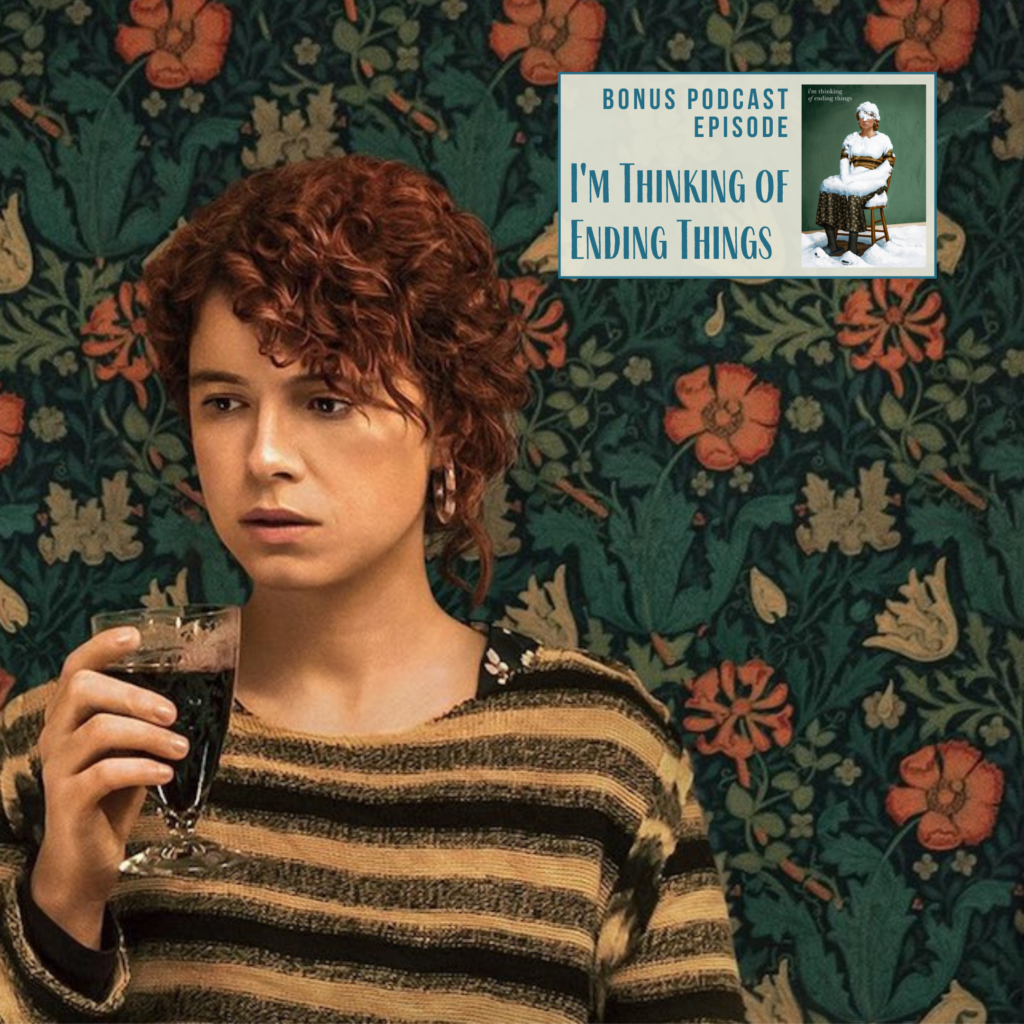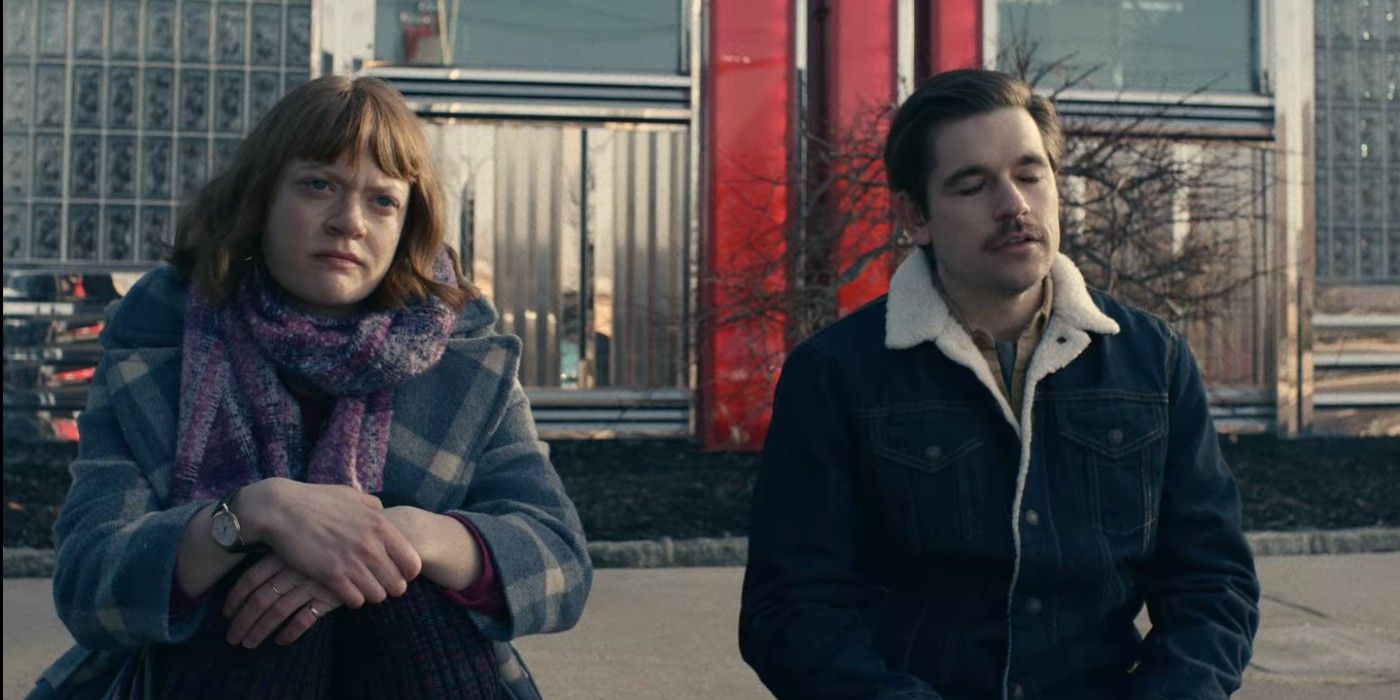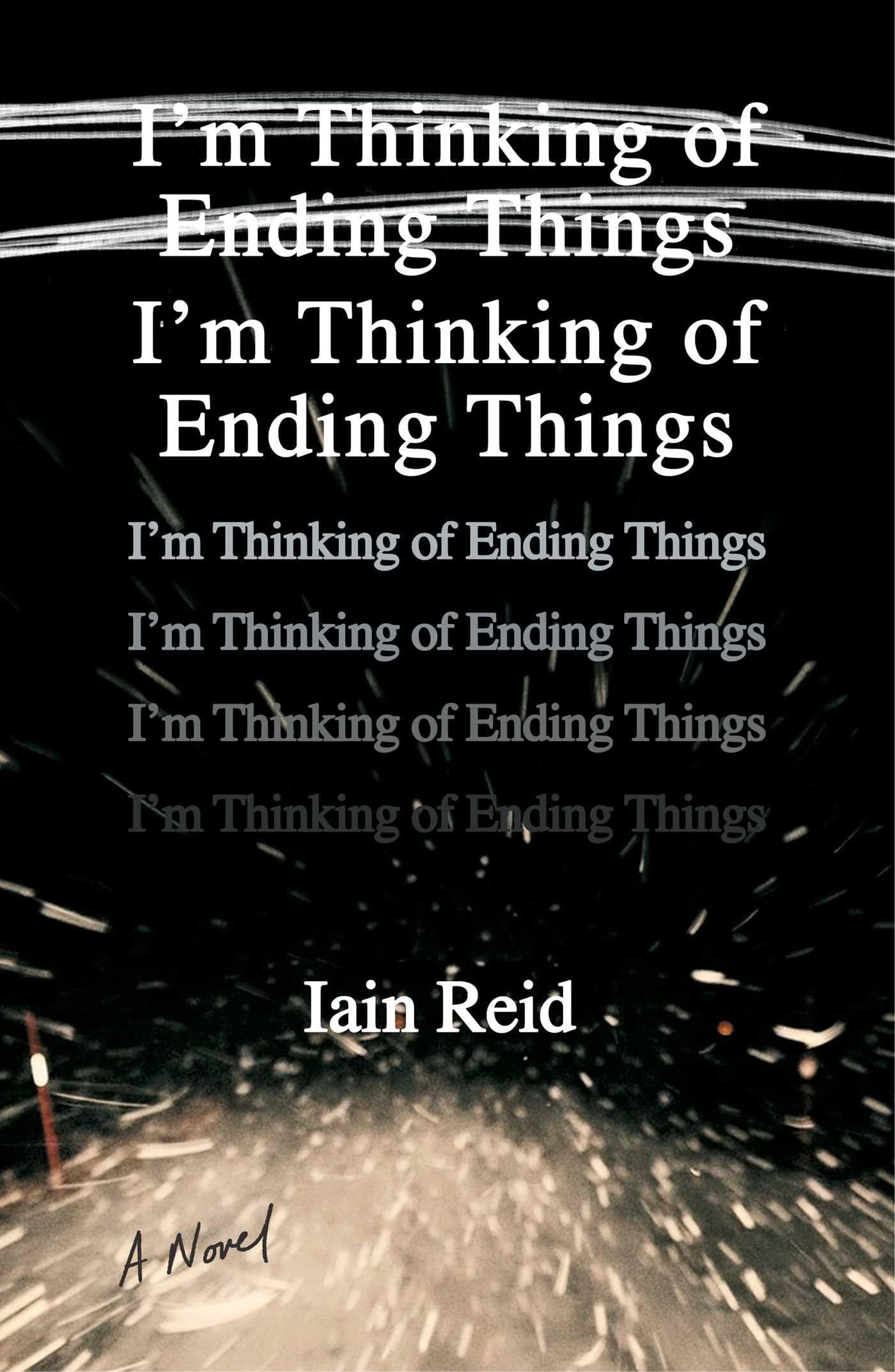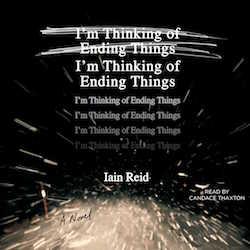
In fact, I wouldn’t recommend anyone see it without first watching at least one other Kaufman film. It’s wistful, and I wanted to watch it over again immediately when it was done.īut I’m Thinking of Ending Things also works best if you view it as being on a continuum with Kaufman’s work, rather than just a stand-alone film. It embodies all of the sadness and yearning I’ve come to expect from a Kaufman movie, and it feels like a filmmaker’s meditation on the limits of his medium as well as the limits of our lives and loves.

And meanwhile, mysterious scenes featuring a sad-sack school janitor (Guy Boyd) are cut into Jake and Lucy/Lucia/Louisa’s trip, layering in the feeling that something uncanny is going on.Īs I said, I loved it. You get the sense that art is insufficient to address the brokenness of our hearts and the gulfs between us. The pair’s conversations in the car seem erudite and wide-ranging, but they’re often quoting other texts, and in fact a lot of the movie’s quotations and speeches and monologues are cribbed from other sources. Is she Lucy? Lucia? Louisa? Is she a painter or a physicist or a poet? Where did she grow up? What does her voice even really sound like? Why does it feel like time is slipping forward and backward? His name is Jake, but hers keeps changing, especially once they make it to the farmhouse and the weird family meal that awaits them. She is thinking of ending their relationship - they’ve only been going out for about seven weeks - but hasn’t worked up the gumption to do so yet. Based on Iain Reid’s 2016 novel (though with an unmistakable Kaufman twist), it starts out as a story about a young woman (Jessie Buckley) who is embarking upon a road trip with her boyfriend (Jesse Plemons) to visit his parents (Toni Collette and David Thewlis) at their farmhouse.
#Im thinking of ending things script movie
I loved I’m Thinking of Ending Things, which is about as Kaufman-esque a movie as you could hope for. In Charlie Kaufman’s world, in movies like Anomalisa and Eternal Sunshine of the Spotless Mind and Synecdoche, New York, our own narcissism and desperation to cure our loneliness conspire to form a maze from which we can never really escape. But while Kafka’s point is often social in nature, Kaufman’s is existential. They share a taste for the surreal and twisty they prefer you feel your way through their stories, rather than insisting on “solving” their plots like puzzles.


In fact, Kaufman and Kafka aren’t entirely dissimilar. I’m still working up the courage to read it, for obvious reasons.) Since he first broke through in the 1990s, his style and themes have become so identified with him that it’s possible to call something “Kaufman-esque,” the way you might say something is “Kafka-esque.” (He also published his first novel this year, a 720-page doorstopper titled Antkind, about a failed film critic.
#Im thinking of ending things script how to
He often plays with the form of the movies themselves, self-consciously flipping our expectations about truth and fantasy on their heads, which taught me, as a budding critic, how to look at a film as more than just its plot.

Whether he’s writing screenplays for someone else or directing them himself, Kaufman has distinctive stylistic tics and thematic obsessions. Charlie Kaufman might be the reason I became a film critic, so of course I was excited for I’m Thinking of Ending Things, his latest movie.


 0 kommentar(er)
0 kommentar(er)
